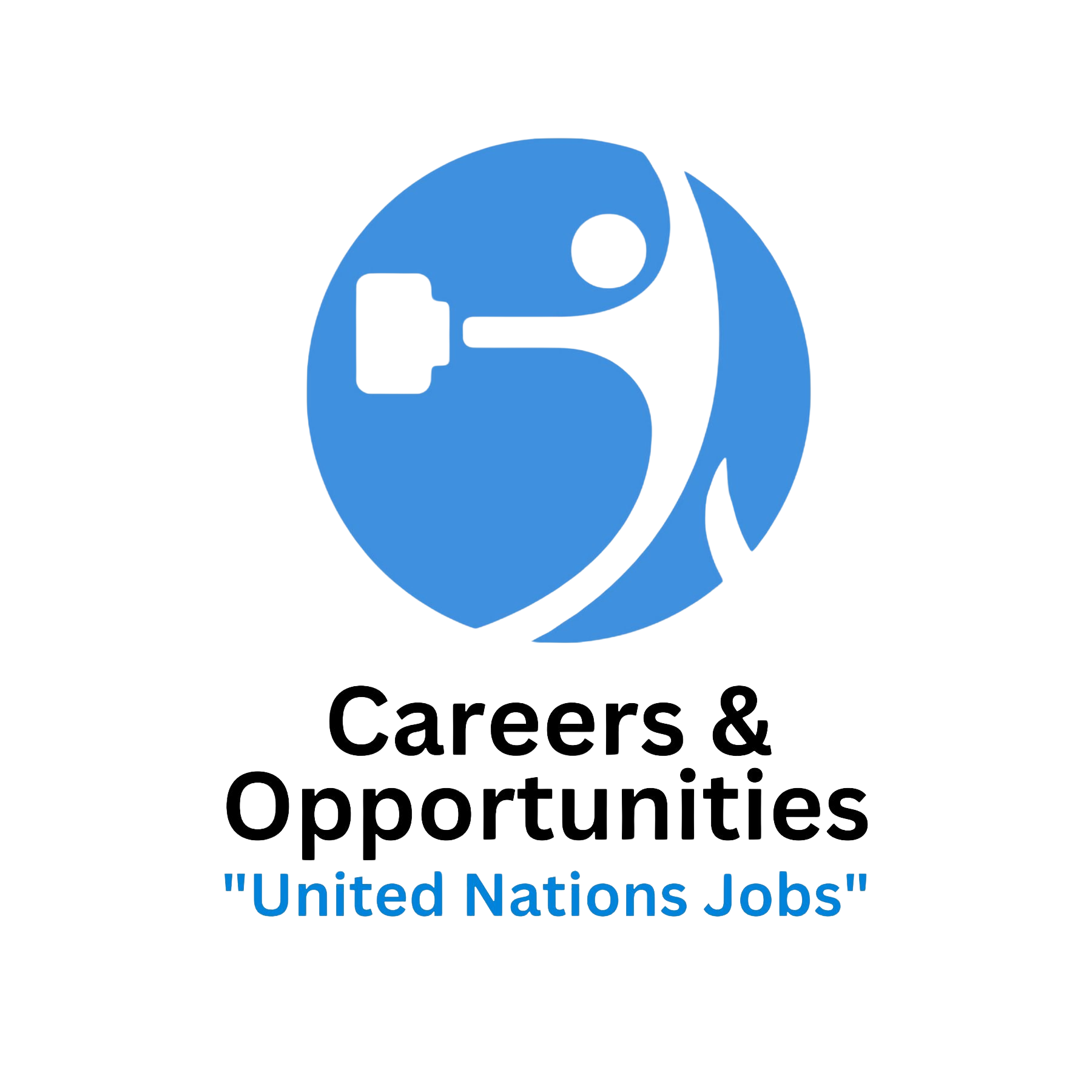10 Key Points For A CV That Opens Internship Opportunities In The Job Market. Learn More!

Target Audience
Job Seekers, Interns, Internships, Employees, Graduates, Students, Professionals, Career Development
Programme Overview
Gone are the days when every graduate or any jobseeker would automatically get an internship or a job. Nowadays, job hunting is even more difficult than giving birth; hence, more should be done when creating an outstanding CV to win the hearts of employers. This brings up 10 key points on how to create a CV that opens up a plethora of internship opportunities for you in the job market.
Also Read: Dressing Professionally Is A Catalyst For Achieving Positive Results At Work Places. Try It!
1. Quality over quantity
- Creating a winning CV is not about being too wordy; the few words you write must create meaning in a summarized version. Meaning to say, the one who writes a 5-page CV will be disadvantaged over the one who crafts a 3-page CV as employers no longer have ample time to read through everything as the traffic of applicants is extremely high. Following this, it’s important to only write necessary information on your CV rather than everything like hobbies, etc.
2. Apply the XYZ rule
- Instead of telling recruiters a number of duties you were carrying out at the previous organization, rather summarize your work in result-oriented terms. For instance, you may illustrate that you accomplished X (results) and it was measured by Y (results metrics) by carrying out Z (duties),
3. Having a passive voice is key
- Instead of talking in the past voice, it’s encouraged to use active words. For instance, I monitored ABC, I facilitated EFG, and I pioneered Project X. Supported it with various case studies relative to that particular task.
4. Keep your salary expectations secret.
- Unless or otherwise asked by the recruiter or employer, it’s always important not to write your salary expectations in your CV, as this may limit your ability to receive more or it may chase away the recruiter as they may feel that you’re too expensive for them to hire before they even hire you. Such matters should be discussed face-to-face in an interview.
5. For now, keep your qualifications
- It’s not advised to attach your qualifications to your CV, as it will end up being a lengthy document. Recruiters will always ask when they need your certificates or qualifications at a later stage, unless you have extremely high grades or “distinctions” that can give you an edge on your job application.
6. Avoid putting a picture
- Mind you, this is not a beauty competition but rather a job opportunity, and you do not want to be caught unaware. What about if you’re discriminated against on a job opportunity due to your unusual looks, yet you know your job very well?
- However, this is a little subjective, as some areas, like the cosmetic, airline, or hospitality industries, require such an assessment of looks.
7. Do not put graphs
- Nowadays, the CV selection procedure is now computerized as it is now ATS compliant; hence, it may not be able to scan through such result-oriented graphs as it will be merely picking on keywords as it follows a standardized format.
8. Reasons why you left your job
- This must not be put on your CV, as it is the reason why they call you for an interview; otherwise, they could just hire applicants by merely looking at their CVs without interviewing them if it was important. The reasons why you’re leaving may be understood differently from another angle by the recruiter, and this may disadvantage you.
9. CV Format
- When drafting your CV, always use a maximum font size of 12, and never exceed this. Roman Times is a professional font style that you can never go wrong with because most recruiters prefer it.
10. Avoid putting your objective statement
- Objective statements rarely deliberate on the benefits to the company you’re being hired to join, but rather talk about you as an individual, which may not benefit the hiring company at times.
Conclusively, after drafting your CV, it’s always key to give it to the next person for an evaluation or review so that you can make the necessary adjustments and maximize the available opportunities. All the best in your job search!





accutane oral buy generic isotretinoin online buy accutane without a prescription
prescription heartburn medication side effects septra cheap
The reputation of the website will surely see an improvement in the near future as a result of the high-quality content and the active involvement of the administrator.
types of allergy pills best cold medicine without antihistamine piriton allergy tablets canada